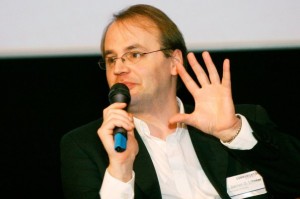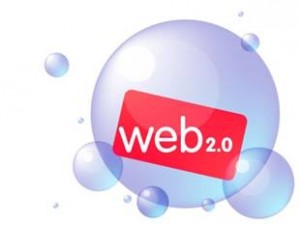COST is a funding organisation that aims to support researchers to grow their professional research networks and boost their careers. The United Kingdom is one of 39 COST Members, so UK researchers are eligible for funding.
 COST Actions are typically made up of researchers from academia, SMEs, public institutions and other relevant organisations or interested parties. It is open to all science and technology fields, including new and emerging fields. COST Actions offer an inclusive, pan-European environment for individuals of all levels of seniority.
COST Actions are typically made up of researchers from academia, SMEs, public institutions and other relevant organisations or interested parties. It is open to all science and technology fields, including new and emerging fields. COST Actions offer an inclusive, pan-European environment for individuals of all levels of seniority.
In opposition to many EU-funded projects, it is possible to participate in an ongoing project. There are the following options how you can participate in COST Actions:
- As a Management Committee (MC) Member (the MC is responsible for the coordination, implementation and management for an Action)
- As a working group (WG) member (the WG groups perform the tasks required by the Action to fulfil the objectives of the network project plan)
- As a participant in Action activities
There are more than 200 COST Actions open and 70 more networks will be announced in May to replace those closing in 2022.
How to find out more?
A week ago, there was a webinar organised by the UK Research Office (UKRO) dedicated to an Introduction to COST. Policy Officer of COST Association Judith Litjens provided attendees with an overview of COST. On the UKRO event page you can find recording and presentation slides from the webinar. The event outlined the different ways to get involved in a COST action and covered UK participation in COST. Professor David Manlove (University of Glasgow) presented his involvement in three different COST actions.
Some useful tips
 BU may not be in a position to lead large multi-national consortia, however BU academics may be invited to join a proposal led by another institution.
BU may not be in a position to lead large multi-national consortia, however BU academics may be invited to join a proposal led by another institution.
Before saying ‘yes’, it may be worth to gather some intelligence and consider if the leading institution and PI has adequate resources and experience in leading such large projects; there are in average 30 participating institution for an action with an average annual budget of almost EUR 140k to be managed. Knowing more about potential lead may, sometimes, save significant PI’s and RDS resources before realising that developed proposal has no chance to get funded.
Often, most rewarding approach may be joining already existing or newly established networks. To participate in activities, follow the offers of the specific action you are interested in.
On COST website you may find more information regarding specific COST networking tools like meetings, workshops and conferences, Short-term Scientific Missions and training schools. Training schools are intensive coaching opportunities focusing on young researchers in particular. According to COST expectations, 20% of funding must be spent for supporting Early Career Researchers.
If you plan to get involved in a COST Action, please get in touch with your RDS Funding Development Officer. Still got questions about COST scheme? Get in touch with me.


 COST
COST















 Dr. Ashraf cited on ‘Modest Fashion’ in The Guardian
Dr. Ashraf cited on ‘Modest Fashion’ in The Guardian NIHR-funded research launches website
NIHR-funded research launches website Academics write for newspaper in Nepal
Academics write for newspaper in Nepal New paper published on disability in women & girls
New paper published on disability in women & girls MSCA Postdoctoral Fellowships 2025 Call
MSCA Postdoctoral Fellowships 2025 Call ERC Advanced Grant 2025 Webinar
ERC Advanced Grant 2025 Webinar Horizon Europe Work Programme 2025 Published
Horizon Europe Work Programme 2025 Published Horizon Europe 2025 Work Programme pre-Published
Horizon Europe 2025 Work Programme pre-Published Update on UKRO services
Update on UKRO services European research project exploring use of ‘virtual twins’ to better manage metabolic associated fatty liver disease
European research project exploring use of ‘virtual twins’ to better manage metabolic associated fatty liver disease